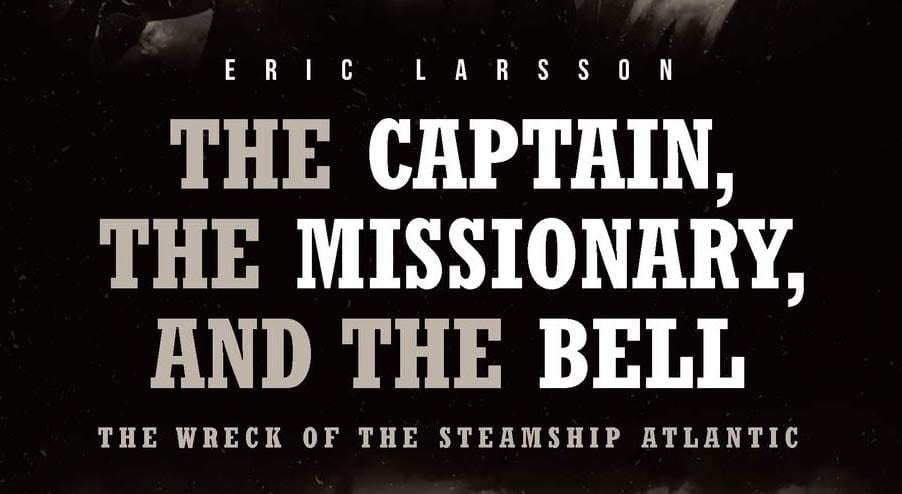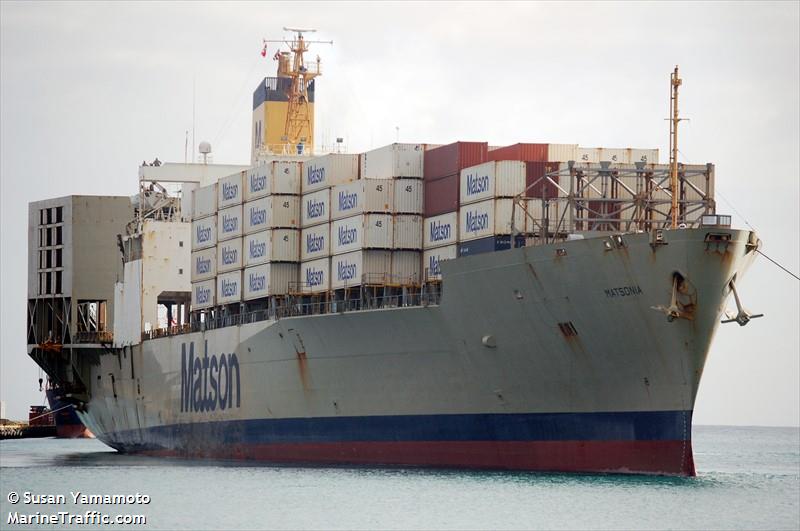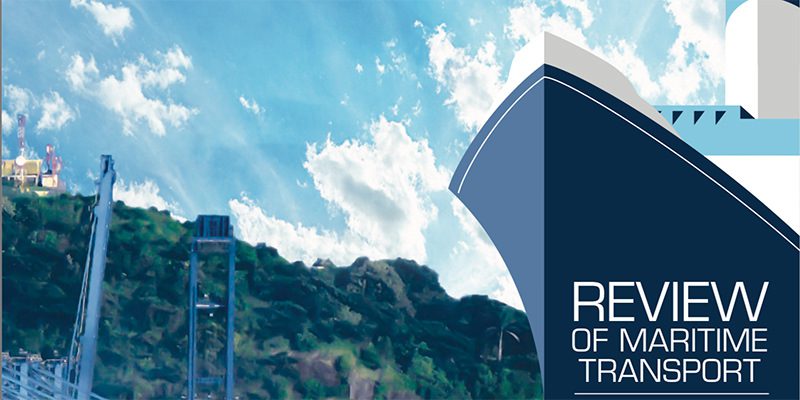by Captain John Konrad (gCaptain) In the decade and a half we have been writing about maritime incidents, gCaptain has reviewed thousands of groundings, fires, explosions, oil spills, sinkings, drownings, collisions, and allisions. One common thread connects each of these incidents. The human factor. In his new book “Leadership Is Language, The Hidden Power of What You Say and What You Don’t“, former submarine commander Captain L David Marquet (USN Ret) dives deep into one of the most thoroughly investigated marine disasters, the sinking of the El Faro, and surfaces with new ideas on leadership and language.
In 2015 the American containership El Faro and her crew met a tragic fate. With their loss, writes Marquet, they left us with a tremendously valuable learning tool: the transcript of their conversations on board. By studying these conversations, and using the science of human understanding, the author considers how they may have played out differently.
“Every person on board surely believed they were doing what was in their best interest of their mission and their team” writes Marquet. “However, it was their ingrained patterns of language, drawing on an outdated playbook, that turned their best intentions into a disastrous situation.”
Can preventing incidents be as simple as changing the language we use to communicate aboard ship? Yes and no. According to Marquet teams function well when individual crew members have the authority, autonomy, and opportunity to prove themselves. This comes only when you challenge the role of Captain as the unquestionable authority aboard ship by embracing curiosity, truth, and an open mindset.
In recent years many books and countless TED talks have praised the merits of servant leadership, mindfulness, and flat organizational methods are all the rage but require a leap of faith. Very few of the new methods provide the keys to unlocking the techniques they want you to espouse. Practically none provide a look into how a captain can balance “touchy feely” leadership with the need to be curt and direct when a helmsman turns hard left in the Singapore Straight after she ordered hard right.
The brilliance of Marquet’s book is his fundamental understanding of this dichotomy. As a nuclear ballistic missile submarine commander he held the keys to start World War III and understood that seconds matter when facing and enemy sub. Marquette is not Stephan Covey, nor is he an uber successful CEO like Ray Dalio, Sheryl Sandberg, or Andy Grove. He understands the importance of the last 10 seconds as did Coach Wooden and Bill Campbell but he also recognizes that some leaders do not have the luxury of dusting themselves off after a loss. Some leaders, captains, sink with all hands after their first mistake.
In the past few years I have been working with a small team on a new system for implementing Bridge Resource Management, a method of leadership that some of my colleagues on the project have jokingly called KBRM – Konrad’s Boydian Resource Management – and it has been a labor of love because the primary failure of traditional Bridge Resource Management (BRM) is it’s most attractive feature: simplicity. Our challenge has been figuring out how to teach captains to embrace complexity while keeping the lessons short and simple.
The KBRM research group has succeeded in training a handful of captains the methods used by Top Gun fighter pilots to rapidly adapt to a complexity of changes. We have used bridge simulators to test the effectiveness of these new techniques and have confirmed their effectiveness in studies. The problem is that, like Top Gun School, the lessons we teach require prerequisite knowledge and experience but, to succeed, KBRM needs to reach beyond the bridge to the Engine Room, shoreside mangers, Vessel Traffic Service, and beyond.
When captains join our KBRM working group I always require they read Marquet’s previous book Turn Your Ship Around! (TYSA!) That book provides the tools captains require to understand the broader lessons provided by KBRM and I have suggested that book to every deck officer I’ve met because the lessons are powerful and easily understood. The problem with TYSA! is it fails to provide a common platform that can be used both shoreside and aboard ship.
Leadership is language fills in those gaps. This book contains most of the practical tips found in TYSA! But provides the contextual foundation needed to make these tools universal. If TYSA! Is a powerful ship built to allow a captain to navigate hostile waters then Leadership Is Language is the water itself, the universal truths all in the maritime industry can use to reach a distant shore.
“Language is the starting point for all other positive change that happened aboard my submarine.” writes Marquet. “Language is the way we can measure empowerment and collaboration as well as improve it.”
Today’s networked, information-dense, technologically wired, business climate, is complex and ever changing… and so is the ocean. Marquet provides the tools to manage this new environment by using something nearly as old as the ocean itself: language. If you find your ship, company, or organization sinking in the complexity of modern life then read this book and let Marquet teach you how to order an Emergency Blow.
P.S. Reading this book will give you a competitive advantage in the workplace. You will learn how to be a more effective leader and will have the opportunity to outpace your peers. But that is not magic, any of the best leadership books can provide you with a competitive edge. The clear power of this book is unlocked when the ideas spread among an organization and change it’s cultural DNA. Please read this Leadership Is Language then go buy copies for your crew. Or take the next step and invite Marquet to speak to your entire company.
P.S.2. This is not a paid endorsement. I have received no compensation for this review or my suggestion to hire Marquet as a speaker. I’m just a former ship captain who writes about marine incidents who is tired of seeing the same mistakes being made in every new disaster we cover.
Editorial Standards · Corrections · About gCaptain

 Join The Club
Join The Club











